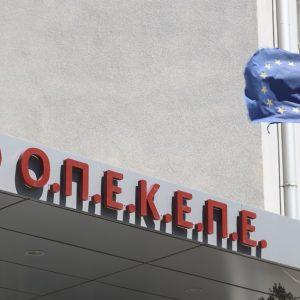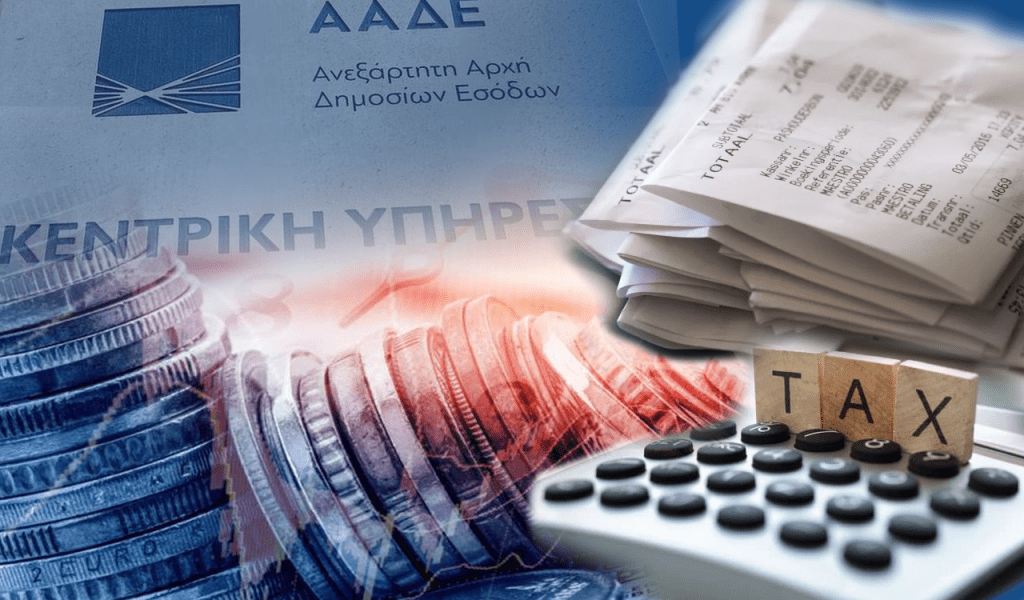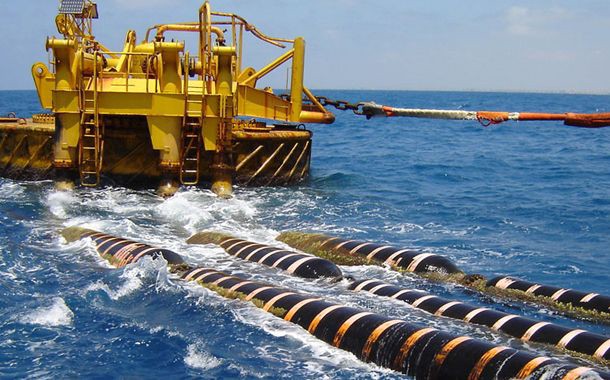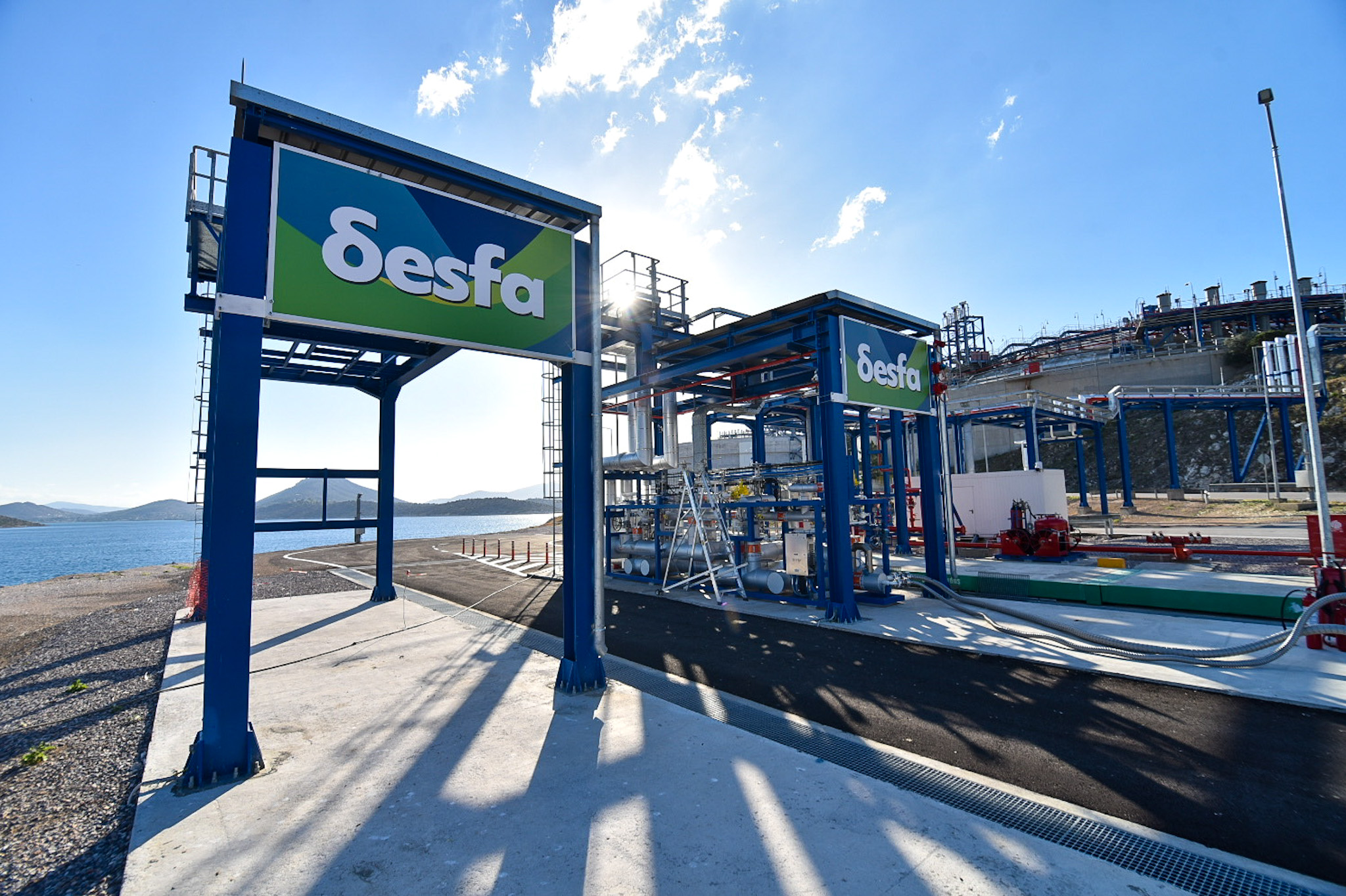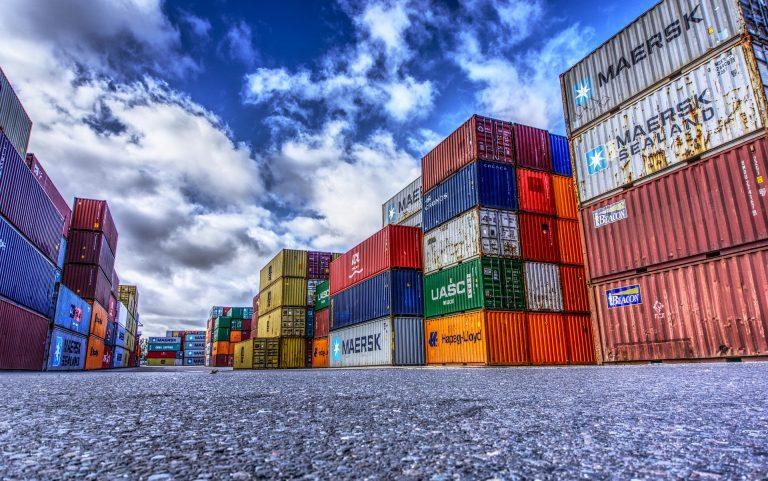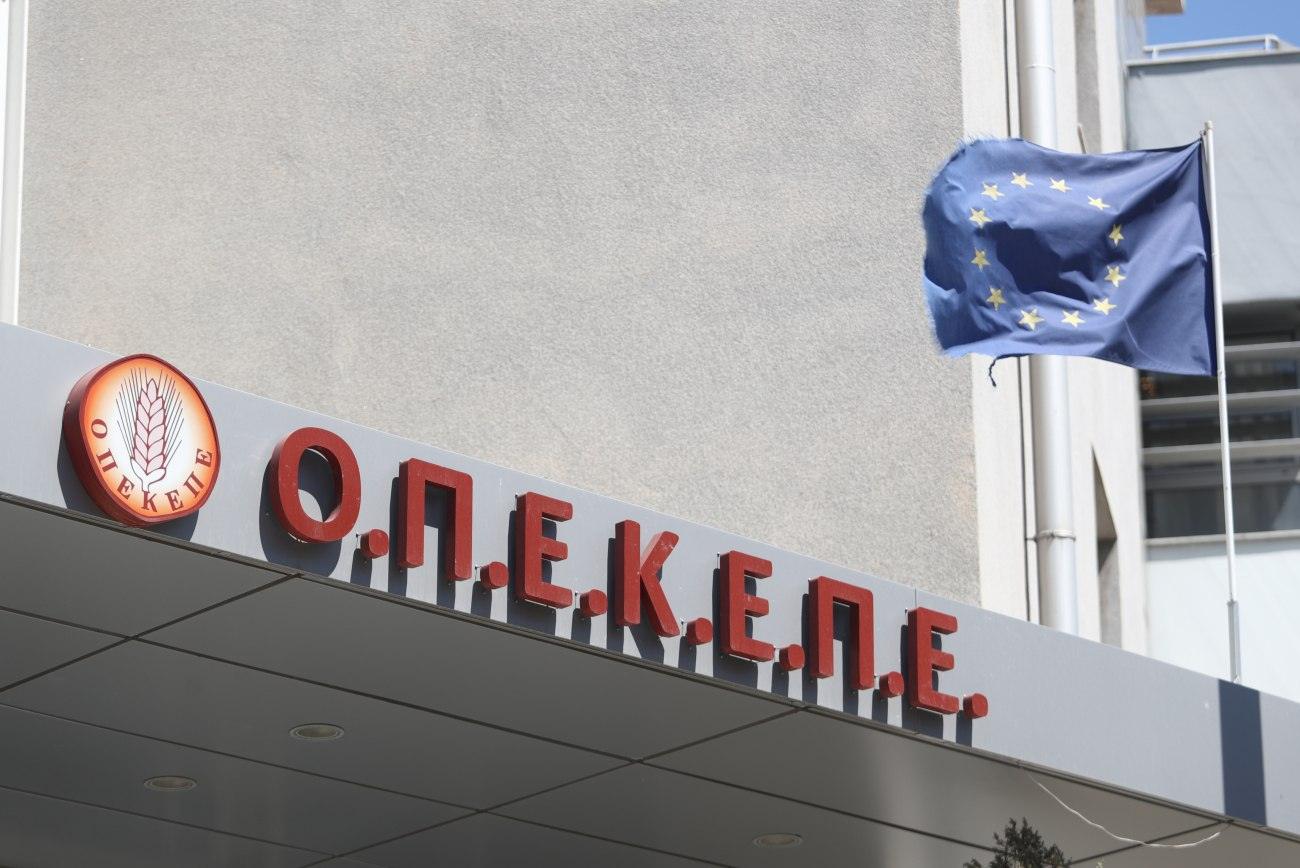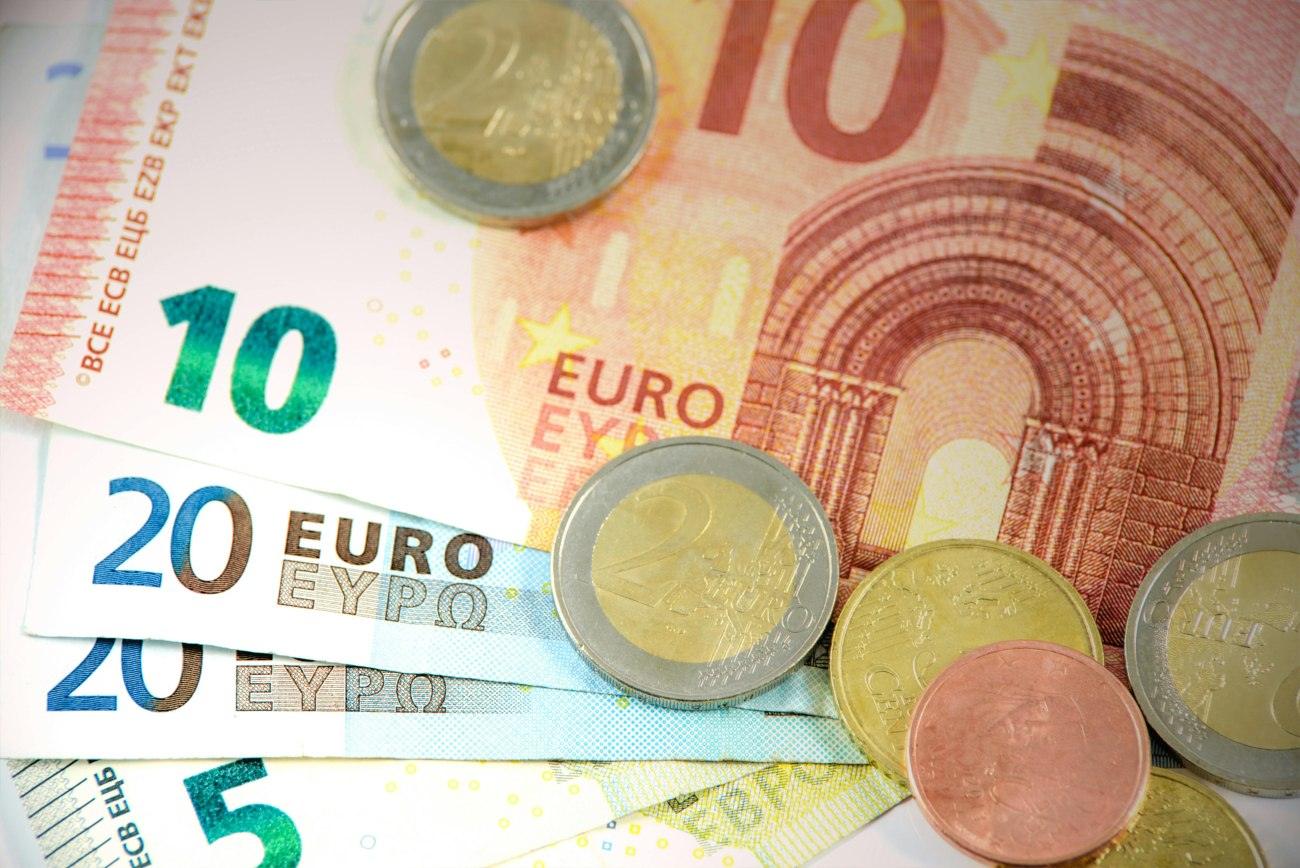The Bank of Greece projects that the developmental momentum of the Greek economy will persist in the coming years. According to the Monetary Policy Report for 2023-2024, the economy is expected to grow by 2.2% in 2024. This report, presented today by Governor Yannis Stournaras to the President of Parliament and the Cabinet, outlines a positive outlook for the Greek economy.
Beyond the forecasted 2.2% growth for 2024, the Bank of Greece anticipates the growth rate to accelerate to 2.5% in 2025, before slightly declining to 2.3% in 2026. Key drivers of this economic activity will be investments, private consumption, and exports, with public consumption expected to have a marginally negative impact.
Inflation, measured by the Harmonized Index of Consumer Prices (HICP), is projected to decrease significantly in the coming years. In 2024, inflation is expected to drop to 3.0%, down from 4.2% in 2023, driven by a significant reduction in energy prices and a decline in food inflation. In the medium term, inflation is expected to approach the ECB’s target of 2%, though it will remain slightly above this level.
Services inflation is predicted to be more persistent compared to other components, primarily due to expected increases in labor compensation. Core inflation is forecasted to decrease significantly, falling to 3.3% in 2024 and further to 2.4% in 2025, mainly due to the decline in non-energy industrial goods inflation.
One of the challenges the Greek economy will continue to encounter is the persistent high public debt as a percentage of GDP, which despite having slightly decreased in recent years, still remains the highest in the European Union (EU).
Another challenge highlighted pertains to persistent weaknesses in the labor market. The report underscores that despite notable reductions in unemployment, both the overall unemployment rate and those for women and young people remain significantly above the EU average.
The risks surrounding the Bank of Greece’s forecasts for the growth of the Greek economy include, among others, the potential worsening of the geopolitical crisis in Ukraine and the Middle East and the consequent impacts on the international economic environment.
Other risks are the lower-than-expected absorption and disbursement rate of the Recovery and Resilience Facility (RRF) funds and delays in implementing reforms, which would slow down the process of enhancing the economy’s productivity and the competitiveness of businesses.
Source: tovima.com










